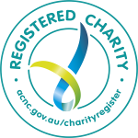We are pleased to announce the winner of the 2020 Dignity and Right to Health Award to be Dr Editha C. Miguel, FPCP from Agape Rural Health Program, Philippines.
2020 Nominees:
- National Torch of Love Foundation – Suluh Kasih Bangsa (SKB), Disaster Relief, Indonesia
- Dr David Mills, Kompian Hospital/Rural Medicine program, Papua New Guinea
- (WINNER) Dr Editha C. Miguel, FPCP, Agape Rural Health Program, Philippines
Congratulations to Dr Editha and the other nominees on their excellent work. Read on to learn more about Dr Editha and the work she and Agape Rural Heath Program are doing in Palawan, Philippines.
Dr Editha Miguel, an infectious disease specialist, graduated from the University of the Philippines. She demonstrates visionary and innovative leadership in addressing the health needs of the communities of Palawan. She has a burden in serving the poor since she was a medical student. In the year 1986, Dr Editha and her friend Judy George, a nurse established Agape Rural Health Program (ARP) in Palawan.
ARP seeks to improve the health conditions of rural communities through holistic health development projects. More than 200 health-care professionals and those in other fields have received the training enabling them to provide health services to more than 60,000 Filipinos.
Dr Editha readied herself for the founding of such a far-reaching program through her own experience as a community doctor and health trainer in Benguet, under the Barangay (Village) Great Commission Training Center of Philippine Campus Crusade for Christ. She also served as a holistic health-care trainer in Sri Lanka and India. Editha served as a project consultant for a women’s reproductive health initiative and as the provincial coordinator for a large forum on domestic violence, the last two in the Philippines. She continues to serve as a volunteer community preceptor of the University of the Philippines College of Medicine, where she completed her medical degree in 1978.
As executive director of Alayka Palawan, the first province-wide health program in the Philippines, Dr Editha oversaw the training of thousands of community leaders and village health workers. “It empowered the local people by putting their health care in their own hands,” she says.
Starting from one province, Agape now serves five provinces in the Philippines. Editha strongly believes in training health professionals, and other professionals such as businessman in holistically helping the poor, not only serving the physical needs (health and income-generating) but also the socio-spiritual needs. Those professionals train for a month and then they will be placed in remote villages for one to four months to train locals to become community health workers. After finishing the program, these professionals will return to their communities and establish the same program, and ARP will mentor them. All people involved in this program do not receive payment (professionals and community health workers). Editha is a firm believer in a tentmaker ministry model.
ARP works in partnership with local leaders, and ARP has trained most local leaders. In places where ARP works, they also established local churches under the leadership of Editha’s husband, a pastor and an engineer.
She has a passion for strengthening programs in reproductive health, the prevention of domestic violence and HIV. She and her friends from Campus Crusade for Christ trains teachers to teach a 12 months course on character development called Life at the CrossRoads. She believes that young people, specially women when equipped properly can learn to make right decisions when faced with life’s challenges. Christian women must be ready to become leaders when God calls women to become leaders such as Deborah.
Dr Editha is a member of the Board of Regent at the Palawan State University (PSU) (16 000 students). As a Regent, she is helping establish a new School of Medicine at this University with a strong emphasis in Primary Health Care, (the province of Palawan has many islands).
Currently, she and her husband together with other doctor founders are building a 200-bed hospital so that they can serve the people better. She demonstrates visionary and innovative leadership in Palawan.
Dr Editha and her team provide essential health services for communities who have difficulties in accessing care and are hard to reach due to geographical challenges.
The health of the Philippine population was always a concern as seventy per cent (70%) of these communities and municipalities had little or no access to any health care services during the time that Editha graduated from medicine. Editha envisioned that physical health and social/community development multiplication is better approached concurrently within one program. Summer vision trips among medical students started for the rural Mountain Provinces in Northern Philippines. These endeavours laid the initial indelible impression that reaching these areas with holistic health care as the entry point would accelerate the goal of development throughout the Philippines.
Editha believed that unless health is understood in the context of the total dimensions of a person (physical and social/moral or holistically), any health intervention will at most have only a superficial impact. The social and moral change of the individual brings a total change in a person from inside out and health outcomes, therefore, are strongly enhanced. Since health is largely the outcome of lifestyle and determining social, economic and political factors, empowering a person’s moral conviction can empower him towards health promotion and development. The latter will serve to empower the community to overcome social, economic and political adversity that impedes health development at the community level. Thus the Agape Rural Program (ARP), led by Dr Editha was born in 1986.
The Agape Rural (Health) Program (ARP) is a community-based development program developed to help needy and underserved Filipinos improve their quality of life through holistic health services anchored on the socio-economic and spiritual upliftment.
Since its beginnings in 1986, more than 137 volunteers (doctors, nurses, dentists, physical therapists, psychologists and other professionals) have been recruited and trained. Their training consists of one-month didactics on Holistic Community Health Development. They are then sent out for 2-4 months to selected communities for fieldwork. Here they discover how to live out the principles taught. Within the four months stay in the community, they are to recruit and train local volunteers for health care delivery and social multiplication. These volunteers will continue the work after the ARP volunteers have completed their assignment and subsequently left the area.
In addition to direct-line health care, ARP has also worked to improve community water systems, control diseases that include malaria and tuberculosis, improve nutrition among malnourished tribal children, and implement an educational program for the same tribe. Livelihood projects are also helping alleviate chronic poverty.
These people were poor not only physically but also spiritually. Health problems in those areas are malnutrition in children, TB, and malaria. ARP also helps people who suffered from typhoon, earthquake and other disasters Some of them live in small islands with difficulties in access to health care,
What are the outcomes of this work? Let us look at how the model of care works.
ARHP adopts a curriculum that covers community health development and leadership as well as the sociological and moral principles for establishing change movements. With programs in recruitment, training, outreach and networking, ARP volunteers partner with local folk and leaders, including churches who share the same dedication to the physical and spiritual empowerment of the local community.
ARP recognises that Community Based Health Program has proven to be a practical approach for:
(a) Wider scale and coverage of the general health services
(b) Developing specific strategies to address health and developmental concerns
(c) Ensuring program sustainability
Furthermore, it allows bridges for working relationships of various sectors from both government and private groups.
ARP believes that progress and development is a team effort involving all levels of society, from the grassroots to the top socio-political level in the implementation of any program.
An Executive Director who oversees all operations and functions of the program manages the ARP. Different committee coordinators who are responsible for the various aspects of the program, namely, administration and finance, training, community projects, compassion projects, and social marketing support the Executive Director. Regional coordinators supervise and implement their program in their respective regions. ARP now operates in fives regions in the Philippines.
Mission:
To love and serve the poor by being agents of change, empowering people through holistic development.
Objectives:
1.To train individuals and educate poor and needy communities towards self-reliance.
2.To develop community projects resulting in improved quality of life.
3.To provide compassionate health services to address urgent needs.
4.To develop social marketing tools and strategies to promote the program.
- To provide continuing staff training and development
- To ensure sustainability & functionality of program processes.
Strategies
- Training
Social workers, postgraduate medical and paramedical students and others from sectors like agriculture, engineering, accounting and education are recruited and trained for six months in holistic health care. They are fielded to live in or near to selected communities that are socially and geographically disadvantaged. During such immersion, it is hoped that they would catch a vision for the needy and poor and become change agents. They are called ARP volunteer training teams. These volunteers are not given any monetary remuneration but instead raise their funds for their transport, food, and housing within the Philippines.
Village Health Workers are recruited and trained on basic health care to become frontliners in the delivery of primary health care. As these future health workers are community-based, the community is ensured to have accessible health care providers. The ARP volunteer training teams model and mentor them closely.
Transferable, appropriate, and simple materials are developed by ARP and are used for enhancing the capabilities of the community. Participatory and adult learning methods are used to ensure an effective learning process of the local health volunteers.
ARP believes that unless man will radically change from within, local empowering will at most only bring cosmetic changes to the community and ultimately not be full of impact as to bring a total community transformation. Health is influenced by the social, political and economic determinants. These latter issues to be addressed will require no less than the transformation of man from within through moral and social values formation.
- Community Development
The community chooses local people to form their health committee. The Health Committees (HC) help in the selection of Village Health Worker (VHW) who are subsequently trained by the ARP volunteers to take the leadership of the local health program. This process helps to ensure local ownership and sustainability for health care and services in the community. By organising the community, helping them learn self-governance, while equipping them with the basic ropes of leaderships, the community capacity grows.
The community, together with ARP and other agencies, implements community projects that help improve the quality of life. These projects vary depending on the identified needs of the community.
- Social Marketing/ Program information dissemination
The task of actual health development is not easy. It will need the concerted effort of both government and non-government organisations. The community learns how to tap resources to help meet their needs.
- Compassion
Health clinics are conducted to serve as training grounds for the Community Health Workers(CHW) and the Health Committee members. It is also designed to meet pressing health needs that cannot be handled by the CHWs.
Dr Editha exemplifies a life that does justice, loves kindness and walks humbly with God (Micah 6:8).
Dr Editha Miguel is a great believer in the Biblical message (2Timothy 2:2) of multiplication: “training a few so that they too can train others. That has become my guiding principle in my life,” she says. “I chose to be involved in programs or jobs that allow me to train others so I can have a greater impact.”
Beside Agape Rural Health Program, for more than 20 years she’s coordinated yearly medical projects in China and other Asian countries. She also served as a trainer in the United States, for Global Hope Network International.
“Looking back, I can see God’s hand orchestrating everything for me,” she says. “I am very blessed to have a husband, Jun, who shares the same passion, and a very supportive daughter, Jabesse. Together we continue to mentor individuals to be change agents, helping needy communities looking for innovative ways to improve the quality of life of the people we serve.
“We seek to bring lasting transformation by beginning with inner transformation in the lives of the people as they invite Jesus Christ to be the Lord of their lives and their dreams. ’Only one life it will soon be passed, only what’s done for Christ will last.’
That’s evident in her long record of service, particularly as founder and executive director of Agape Rural Program (ARP) in her native Philippines — especially in Palawan Province, one of the nation’s challenging to reach and poor province.
Dr Editha lives her life consistent with her motto of Lighting Paths, Healing Lives!
Dr Michael Burke
On behalf of the
ICMDA LEADERSHIP IN CHRISTIAN HEALTH AND DEVELOPMENT INITIATIVE
DIGNITY AND RIGHT TO HEALTH AWARD 2020





